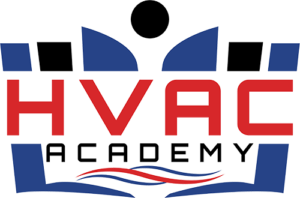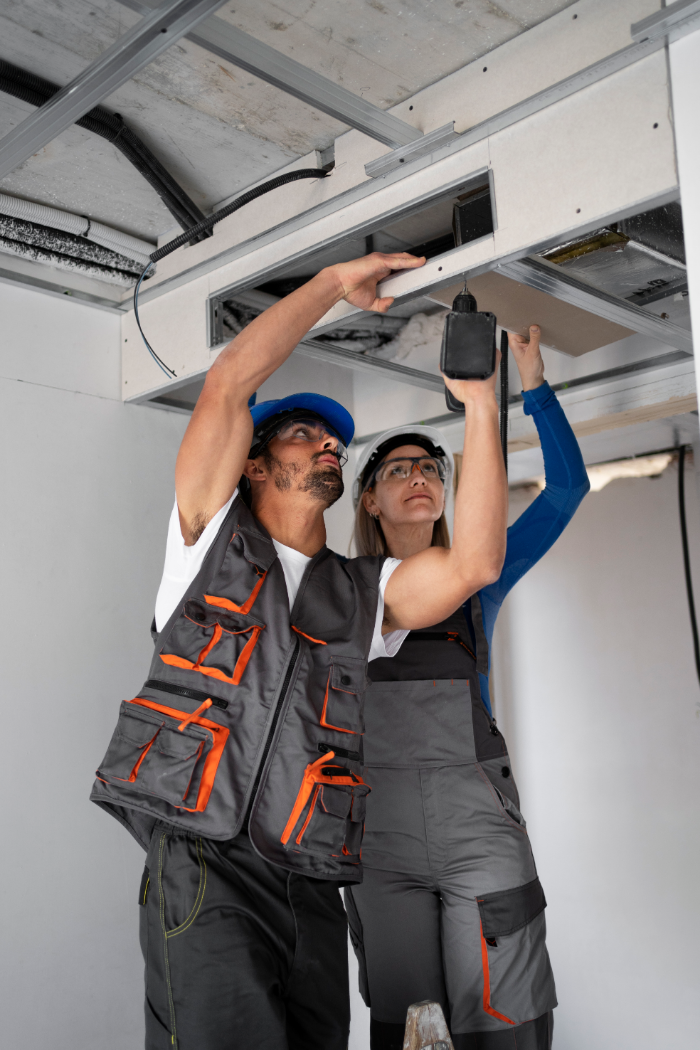Heating, Ventilation, and Air Conditioning (HVAC) systems are the backbone of modern buildings, ensuring comfort and air quality for occupants. As technology advances and energy efficiency becomes paramount, the demand for skilled HVAC technicians continues to rise. However, breaking into this field requires more than just a passion for tinkering with air conditioners or furnaces; it requires proper certification and training. In this article, we’ll explore the importance of HVAC certification and training and how they can pave the way for a successful career in this vital industry.
Why Certification Matters
HVAC systems are complex, involving intricate machinery and delicate components. Improper installation or maintenance can lead to inefficiencies, breakdowns, and even safety hazards. This is where certification plays a crucial role. HVAC certification programs provide comprehensive training on system installation, repair, and maintenance, ensuring that technicians have the knowledge and skills to perform their duties safely and effectively.
Certification also serves as a mark of competency and professionalism in the eyes of employers and clients. It demonstrates that a technician has undergone rigorous training and has met the industry’s standards for quality and expertise. In today’s competitive job market, having the right certifications can give aspiring HVAC technicians a significant advantage when seeking employment or bidding for contracts.
Types of HVAC Certification
There are several types of HVAC certifications available, each focusing on different aspects of the field. Some of the most common certifications include:
- EPA 608 Certification: This certification is required by the Environmental Protection Agency (EPA) for anyone handling refrigerants. It is divided into four categories based on the type of equipment technicians will work with: Type I (small appliances), Type II (high-pressure appliances), Type III (low-pressure appliances), and Universal (all types).
- NATE Certification: The North American Technician Excellence (NATE) certification is a widely recognized credential that demonstrates proficiency in HVAC installation, maintenance, and service. NATE offers various specialized certifications, including air conditioning, heat pumps, gas furnaces, and more.
- Manufacturer-Specific Certifications: Many HVAC equipment manufacturers offer their own certification programs for technicians who work with their products. These certifications typically focus on installation, troubleshooting, and repair techniques specific to a particular brand or model.
The Importance of Ongoing Training
HVAC technology is constantly evolving, with new systems, components, and techniques emerging regularly. As such, it’s essential for HVAC technicians to engage in ongoing training to stay abreast of these developments and maintain their skills. Continuing education courses, workshops, and seminars can provide technicians with the knowledge and expertise needed to adapt to changing industry trends and advancements in technology.
In the world of HVAC, certification and training are not just optional; they are essential components of a successful career. By obtaining the right certifications and investing in ongoing training, aspiring HVAC technicians can position themselves for success in this dynamic and rewarding industry. Whether you’re just starting your journey in HVAC or looking to advance your career, never underestimate the value of education and professional development.
At HVAC Academy, we dedicate ourselves to providing our students with a quality educational experience that will lead to an enriching and profitable career. Contact us.






Leave A Comment